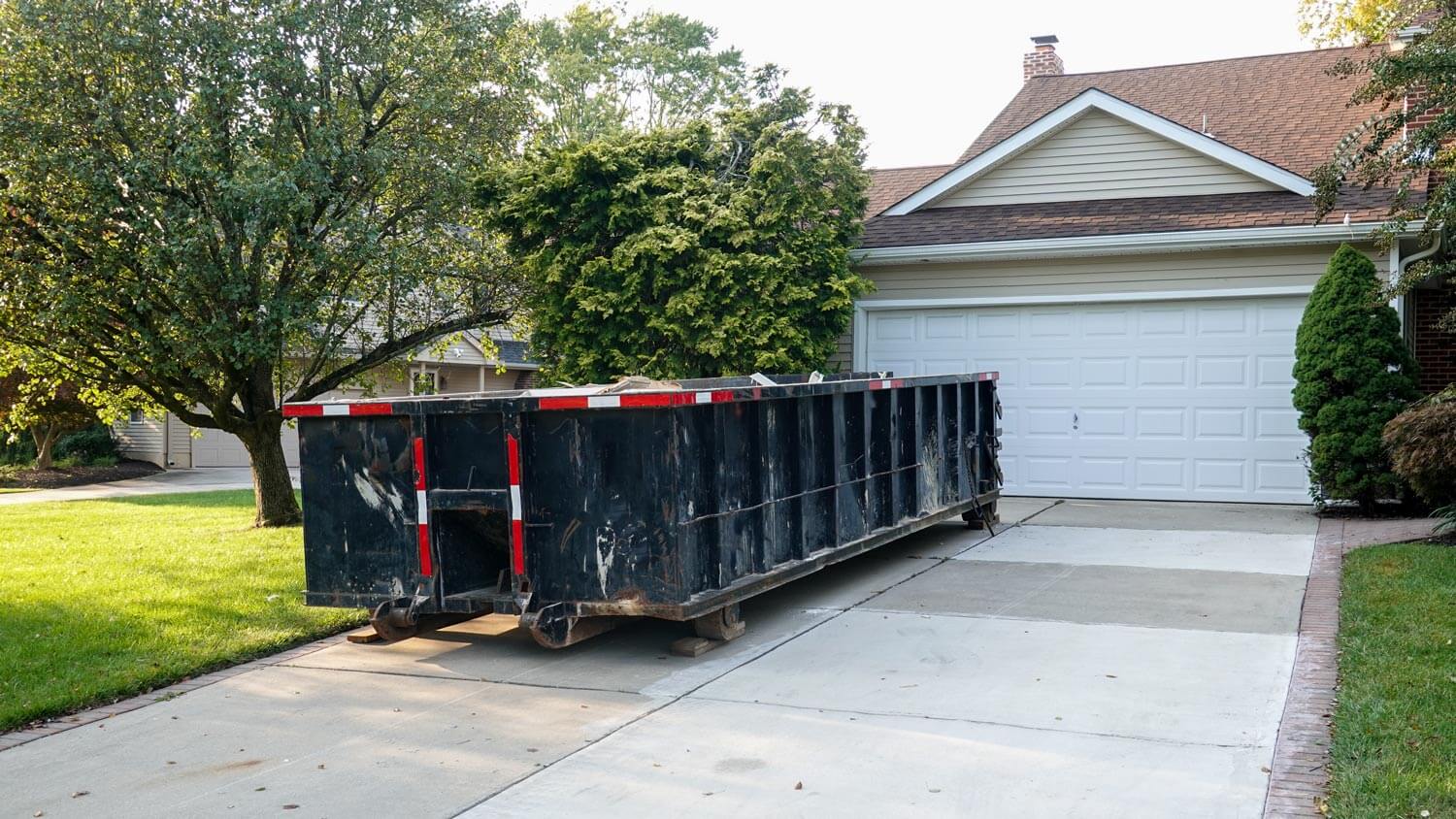The One Paper That Could Delay Your Saudi Shipment
Many shipments headed into Saudi Arabia hit unexpected delays—not because of border congestion, but due to a simple oversight in documentation. Here’s what you need to know to avoid costly setbacks.
Why Everything Seems Ready—But Your Shipment Gets Held
You’ve followed the checklist. Packaging, labeling, shipping—done. Yet, your goods sit idle at the border, and you’re fielding frustrated calls from clients. What went wrong?
The truth is, delays often have less to do with transportation and more to do with regulatory compliance. For importers to Saudi Arabia, one overlooked document can quietly hold back an entire container. That’s where the problem begins.
When One Missing Certificate Becomes a Full-Scale Bottleneck
Saudi Arabia has tightened its regulations in recent years to ensure safety, traceability, and accountability in consumer goods. This shift has brought in specific requirements for every shipment to meet conformity standards. The result? Even seasoned traders are finding themselves tripped up.
A big culprit behind many delays is the absence—or improper filing—of a saber certificate. It’s not just paperwork; it’s a clearance essential. And if it’s missing, incomplete, or not approved before the goods reach Saudi soil, expect your shipment to sit—and rack up fees.
This doesn’t just slow things down. It hits margins hard:
- Extra storage costs
- Penalties from buyers
- Missed retail windows
And the worst part? Most importers don’t realize the issue until the shipment is already en route.
A Dammam-Based Case: When Things Go Wrong—and How They Were Fixed
Consider Ali, a mid-sized building materials supplier based in Dammam. His company had a long-standing relationship with a Turkish manufacturer of ceramic tiles. Shipments had always run smoothly—until one didn’t.
Ali’s team had recently switched logistics partners, assuming the new agent understood the same procedures. But the incoming shipment, meant for a commercial project in Khobar, got stuck at King Abdulaziz Port.
The issue? The imported tiles required a saber certificate confirming they met Saudi product safety standards. The new agent had filed under a generic category, causing the application to be flagged and returned.
For nearly two weeks, the cargo sat. The Khobar contractor threatened to cancel the order due to delay. Ali had to act fast.
He called in a local customs consultant based in Dammam. Within 48 hours, they:
- Reclassified the product category
- Submitted updated technical documents
- Gained approval for the saber certification
The goods cleared two days later. Though the order was salvaged, Ali still lost credibility and incurred over SAR 20,000 in delay-related charges.
The Real Solution: Understanding Documentation Before the Border
While physical logistics are often well-handled, paperwork can be deceptively complex. Many importers assume their freight forwarders handle everything. But even reputable agents sometimes miss regulatory updates or file under wrong classifications.
That’s why understanding the custom clearance in Saudi Arabia process is crucial. It’s not just about ticking boxes—it’s about aligning with the exact import code and product regulations in advance.
To avoid delays:
- Always verify your product’s HS code classification
- Check if a saber certificate is required before shipping
- Work with agents who specialize in Saudi imports—not just general freight
The Bigger Picture: Why the Rules Exist
Saudi Arabia’s tighter import controls aren’t meant to frustrate traders. They serve a bigger goal: ensuring public safety, environmental standards, and fair trade.
For instance, electrical goods require product testing and certification to prevent substandard imports. Cosmetics go through ingredient checks. Building materials must prove durability and safety compliance.
This is why authorities insist on the proper documentation—it’s not just red tape; it’s risk mitigation. If the process seems frustrating, it’s often due to a lack of familiarity, not unnecessary complexity.
Avoiding the Trap: Simple Steps to Smoother Shipments
If you’re regularly shipping into Saudi Arabia, especially through busy hubs like Dammam or Riyadh, here’s how to stay on top of it:
- Pre-validate every item against Saudi standards before shipment
- Use recognized platforms to submit and track saber certificate approvals
- Avoid relying solely on your supplier or forwarder—stay involved
- Keep updated with Saudi Customs guidelines (they do change)
Conclusion: It’s Just a Paper—Until It’s a Problem
When one overlooked document can halt thousands of riyals’ worth of goods, it’s worth getting it right the first time. Whether you’re a large-scale importer or a local distributor, staying informed—and proactive—about regulatory documents can save time, money, and reputation.
And if you’re already facing issues, don’t wait. Getting expert help now can mean the difference between a delayed shipment and a lost deal.
📱 966558959205













